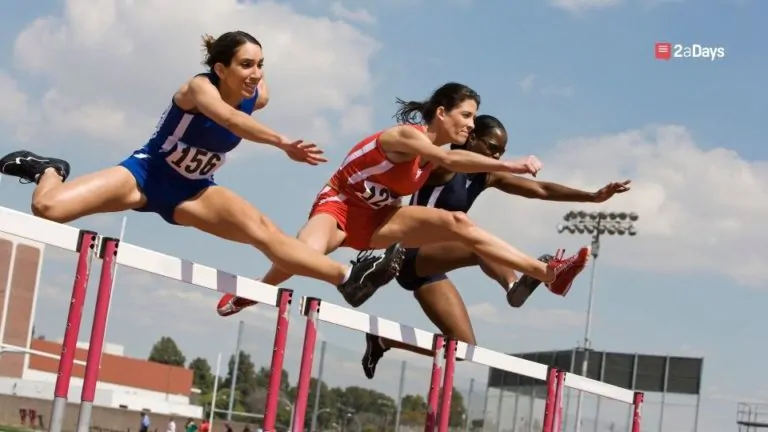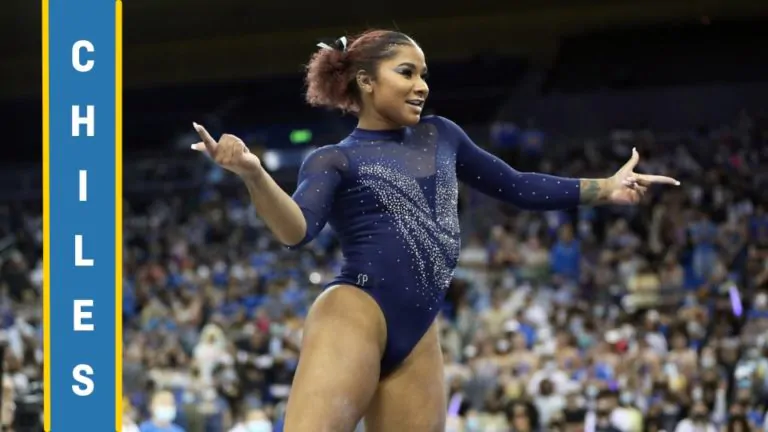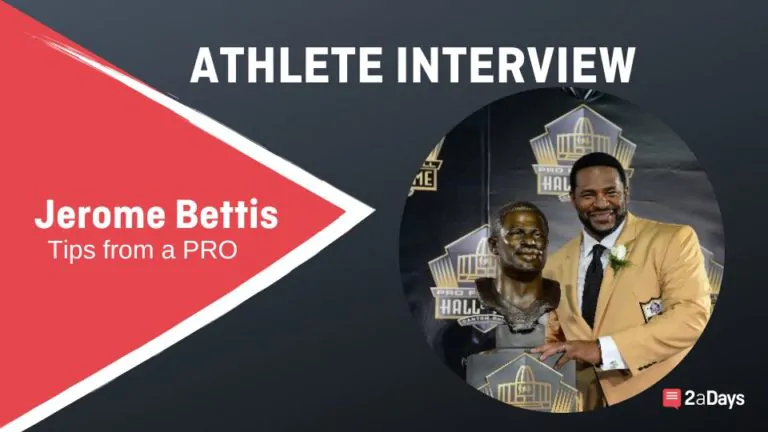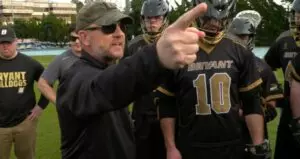Everyone will tell you that you need to x, y, and z in order to have a successful recruiting process. My advice would be to learn from other people's mistakes and take the advice that the coaches give you. It's easy to say what went right, but it's also important to see what went wrong so you can avoid the same pitfalls. No matter the sport or conference that you want to compete in, the same problems can pop up for recruits. Here are four mistakes recruits commonly make in the recruiting process and how to avoid them.
1. Not Applying
The saying “If you never try, you'll never know” should apply to every aspect of one's life, but especially when we talk about the recruiting process and other rare experiences. Throughout my recruiting experience, I was approached by a number of schools including two in the Ivy League and other prestigious schools in the northeast. While being pursued, I understood that my performances matched those of the athletes on their rosters and that I would be able to contribute regarding my athletic ability as a freshman. However, there was also the understanding that my grades left something to be desired. I did well in school, but given the academic records at these schools, I was very much tiptoeing the line of being admitted or rejected based solely on academic merit. With this fear of rejection and feeling of inadequacy, I continued speaking to the coaches through the fall of my senior year. However, when push came to shove, I did not apply to any of these schools. Three years into college, I'm happy where I am, but one of my biggest regrets is not even trying at all.
If you have any interest in a college, apply! You never know what the coaches are looking for at that given year. Even if you think the chances of acceptance are slim, there's still that chance. Instead of wondering what opportunities you could have had, ensure that you can say that you did everything you could to maximize your potential. If it's a good school, apply for the sake of saying you did all in your power.
2. Not Noticing Coach Turnover
College coaching is a full-time job, but it's important to note that coaches come and go. While coaches are connected to the teams that they lead, many will take coaching opportunities elsewhere at some point in their careers. After visiting a handful of D3 coaches during my junior year, one stood out the most. Coach Emily had been super engaging in all of our emails, and after inviting me to campus for a visit, my opinion of her only grew. She had a phenomenal personality, clear plans, and goals for the team, and expectations for my role on the team. As she walked me around the campus and athletic facilities, I felt so welcomed at the school. After grabbing lunch with a sophomore sprinter on the team and other sophomores and juniors on the team, I felt as if I had found my home. However, in the next year, there was a new coach at the school, and while speaking with him, I had not built the same relationship as I had with Coach Emily. I suddenly felt less comfortable and less welcome on the team.
Related: Rate your Coaches, Facilities, and Campus Visits
I had invested notable interest and time in Coach Emily's team and school. Her departure marked the start of a new program and my priority in the coach. When looking at schools, be sure to note the pros and cons of not only the school but the relationship with the team and coach. Additionally, be sure to look into the length of the coach's career at the school and plans for the team looking further down the road.
3. Not Noting the Team Dynamics
Although there is a strong balance between academics and athletics, the majority of your time is spent with your team. Not only should you take note of the relationship athletes build with the coach, you should pay attention to the relationships amongst the team. On my high school track team, the throwers, sprinters, and distance runners were all close. We had an extremely tight-knit group across events, genders, and grades. I had always appreciated the bond on the team, but never realized the rarity of such unity. At one school that I visited, I was given a tour by a freshman sprinter who was super sweet but appeared a little awkward to me. When she brought me to the cafeteria for dinner, we sat at the track table on an end with primarily older distance girls. Her relationship with them seemed off-putting to me, their personalities did not click with mine, and I felt like an outsider more than a potential teammate.
While the community at your school –athlete or not–matters the most, the members of the team contribute significantly to your whole college experience. If you feel that relations on the team or you do not click with the team in general, it is something to take note of.
4. Not Trusting Your Gut
The advice to “trust your gut” felt naive and superstitious to me when I looked at colleges in high school. I had concerns that trusting my gut would mean overlooking facts. In retrospect, it is important advice to consider when visiting colleges and meeting potential coaches and teammates. When I had my college visits, I distinctly remember feeling super comfortable with certain teams–so comfortable that I thought that I could easily join the team the next day. With coaches, I remember feeling thrown off by some, then respected and understood by others.
Pay attention to your interactions with current individuals and groups on the team and to the initial relationship you build with the coach. These are the people you will spend the majority of your time with in college and your coach is the person that is sculpting your schedule and leading your athletic experience for the next four years. Pay attention to how you feel walking around campus. This is the place you'll call home, athlete or not. Trust your gut. Your instincts highlight your feelings whether you think so or not.
End: Have an idea for a story or a question you need answered? Want to set up an interview with us? Email us at [email protected]
* Originally published on May 12, 2022, by Nicole Fondots







